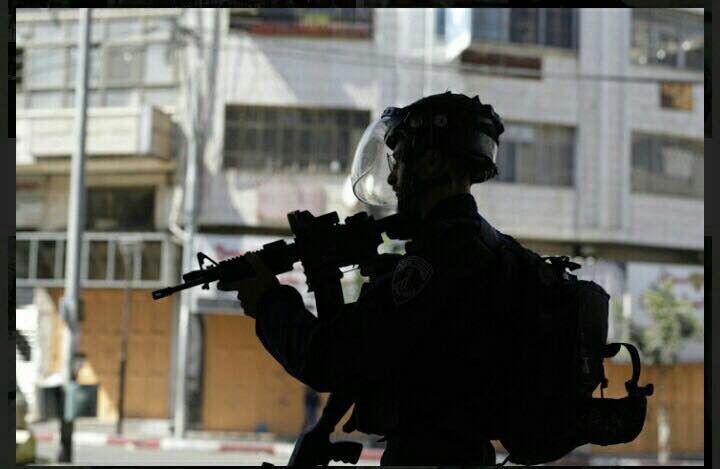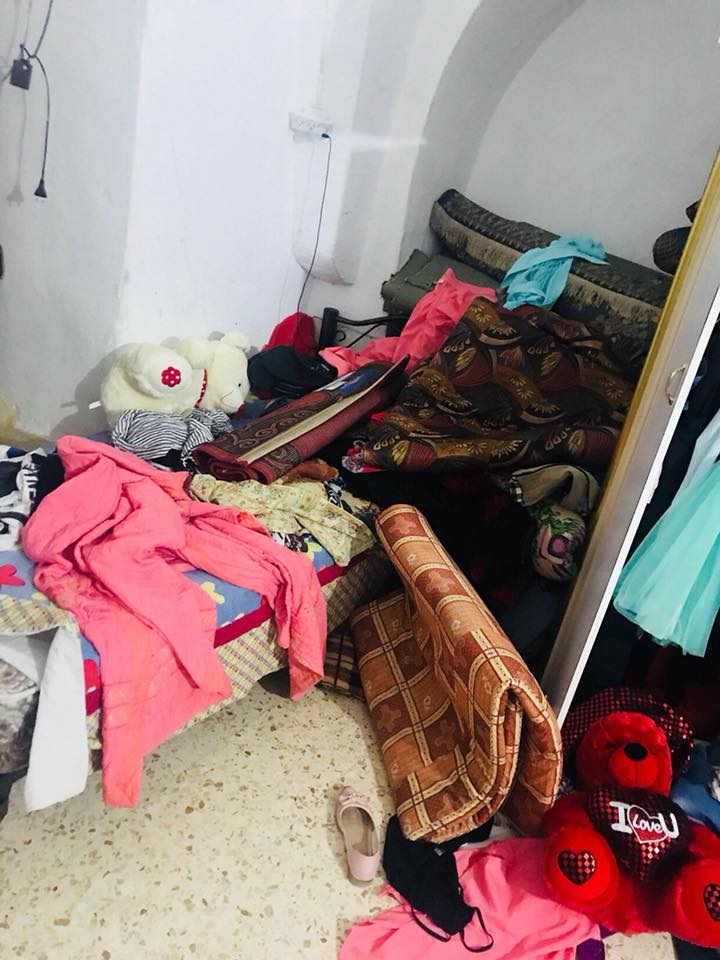Tag: Hebron
-
Friday demonstration violently repressed in Hebron
11th August 2018 | International Solidarity Movement, Al-Khalil Team | Hebron, occupied Palestine Yesterday, on the 10th of August, the Friday demonstration in the city of Hebron (Al-Khalil) was violently repressed by Israeli forces. Unarmed protestors gathered after Friday prayers, around 13:30, to protest against the occupation and in solidarity with Gaza. During the…
-
ISM speaks to ‘Aref Jaber about the increase of raids by Israeli forces in his neighborhood
23rd June 2018 | International Solidarity Movement, Al-Khalil team | Hebron, occupied Palestine ‘Aref Jaber lives in the Jaber neighbourhood in the H2 area of occupied Hebron, under Israeli control. He is a local activist and works with Human Rights Defenders filming and publicising the violations of international law committed by Israeli forces in his…
-
Residents of Tel Rumeida participate in two sit-ins at checkpoints to demonstrate against increased harrassment in the area
23rd June 2018 | International Solidarity Movement, Al-Khalil Team | Hebron, occupied Palestine On Thursday the 21st of June, a group of around a hundred Palestinian residents of Tel Rumeida gathered at the checkpoint outside of the Jabal Al Rahma mosque to protest against the constant delays, harassment and humiliation that happen in the area. A…



